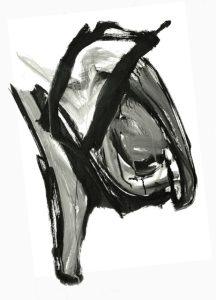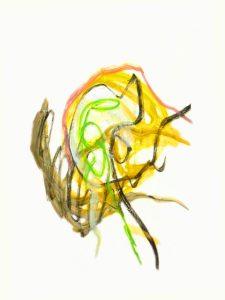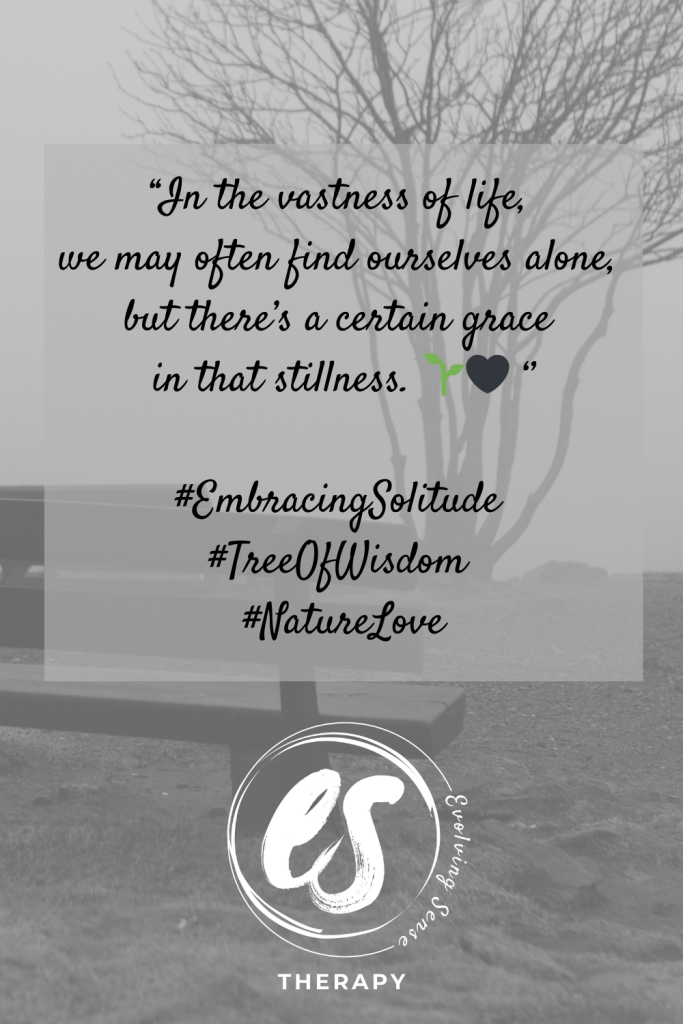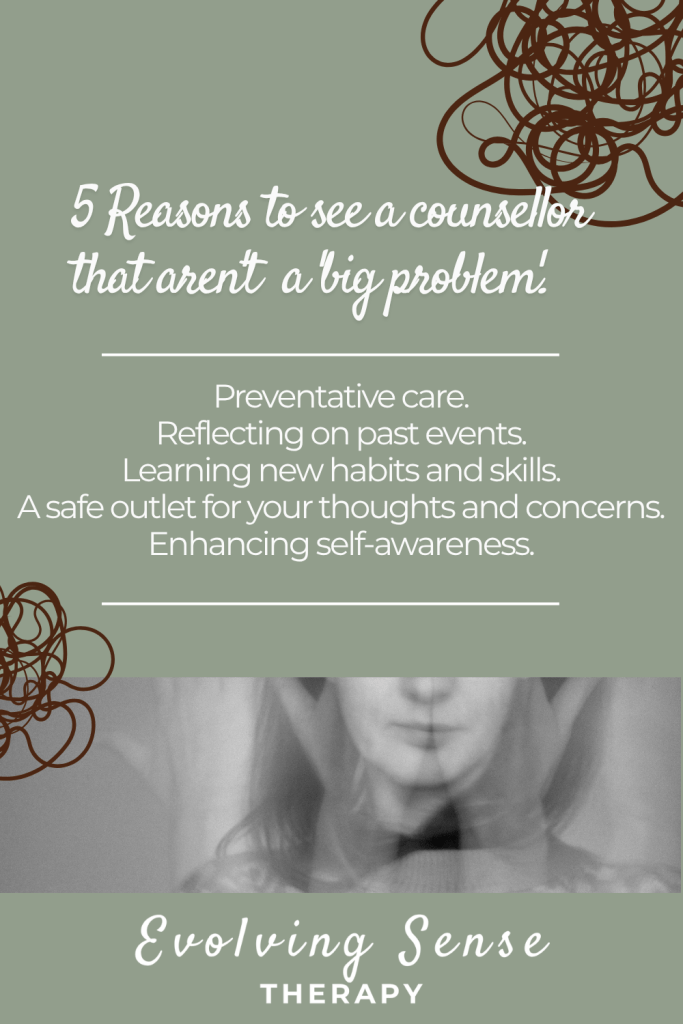
Anxiety and how our ‘TA drivers’ influence us profoundly.
Anxiety can be influenced by our ‘drivers’, a concept from the Transactional Analysis (TA), which I mentioned in a previous blog about feeling lost and lonely, and how my drivers contributed to these feelings. But what are our ‘drivers’ and how can they influence our lives and fuel our anxiety?
Transactional Analysis.
The 5 drivers are a concept from the Transactional Analysis (TA) theory. TA was originally developed by Eric Berne, who developed a framework to help us understand our behaviours, interactions, communication and the underlying motivations that drive us. The drivers were established as an addition to TA by Taibi Kahler later on.
The drivers are a defence mechanism that often dictate(as we are not aware of them) our behaviour, our actions and reactions in order to feel ok in a certain situation. These drivers often originate from early childhood and were there to help us make sense of the world, to serve us in getting our needs met and to keep us safe. However, there might come a time when these drivers actually are more detrimental to our daily lives. As said before, we are often not aware of these drivers until, like me, you find yourself in a state of anxiety that leads to burnout.
The 5 drivers.
Do any of these questions ring true for you?
Do you feel like you’re trying hard but still feel like you are not doing enough? Are you always rushing to do everything as fast as you can? Do you find yourself smiling at everyone to keep them happy, but inside you feel miserable? Do you find yourself explaining things in great detail but struggle with feedback? Do you find your work isn’t worth anything unless it is perfect? If so, you might be experiencing one of your drivers in action.
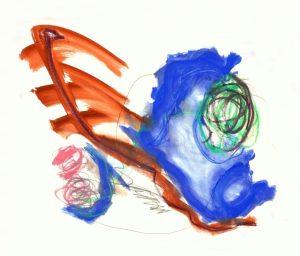
Be perfect: if you have the ‘be perfect’ driver you might find yourself focus on perfection and are often critical of yourself and others. You can focus on details and are very sensitive to detail. This might mean you overanalyse things and are fearful of making mistakes.
Be strong: with the ‘be strong’ driver, as the name suggests, you often feel you have to be strong, not showing your emotion to others and avoid attention. This can withhold you from building authentic connections with others and not asking for help when you need it, which may lead to emotional burnout.
Please others: with this driver you might find yourself prioritising other people’s needs above your own. You can strive to have harmony in relationships, however it can also mean that you hold resentment towards others and neglect your self care, which can lead to the need of constantly seeking attention, but feeling unfulfilled.
Try hard: a try hard driver will look like you being quite stubborn, are easily distracted and find it hard to finish things. With this driver you will have great dedication towards your endeavours, however it can lead to exhaustion when you overstretch yourself for too long.
Hurry up: a hurry up driver will manifest in always being in a rush, which can lead to being late for appointments, being impatient and feeling the pressure to always do things quickly. It could mean that you do too much, feeling overloaded and feel unnecessary stress or you might be missing out on the more meaningful experiences in life.
Can we keep up with our drivers?
If we look at the questions above again, we can conclude that none of these are achievable all the time.
Do you feel like you’re trying hard but still feel like you are not doing enough?
- Always trying hard actually stops you from achieving what you want to do as you are never feeling satisfied.
Are you always rushing to do everything as fast as you can?
- Being on the go all the time will eventually wear you down.
Do you find yourself smiling at everyone to keep them happy, but inside you feel miserable?
- You will never be able to please everyone and to do so often means you are not pleasing yourself or meeting your own needs.
Do you find yourself explaining things in great detail but struggle with feedback? Do you find your work isn’t worth anything unless it is perfect?
- What is perfection? With this driver you will find yourself setting such high expectations that it becomes impossible to reach it.
How can we become aware of these drivers?
Looking back to my burnout and trying to recognise the ‘try hard’ and ‘be strong’ drivers, there are a few signs that appeared more noticeable. By thinking I had to keep going in order to feel in control, I would not show my emotions, which resulted in starting to feeling numb. I would get frustrated and struggled with events, which let to feelings of failure. These also had a detrimental effect on my relationships. It is in times of great stress that you will hold on to the drivers much more in order to feel ok. Counselling and regulation helped with becoming grounded within myself again, alongside creative journalling to find patterns and to learn to understand my thoughts patterns.
We all express driver behaviour and we likely have a couple that can play out. As described above, the drivers will give you a sense of ok-ness. When you step out of the behaviour we tend to feel not ok. Which can lead to increased anxiety, low self-esteem and eventually burnout or depression. This is often out of our awareness and it might not be so easy to pinpoint.
How counselling can help.
Always following the driver behaviour is exhausting, creates unnecessary anxiety, and will affect your health eventually.
Therefore, getting support to become aware of you own behaviour and actions will bring these into the conscious mind. Which can lead, with practice and growing awareness, to be able to step out of the drivers and to give yourself permission to be ok regardless of the behaviour or how we think or feel.
I can help you with not only starting to recognise these drivers but also to build understanding of their origins and impact. Through compassionate enquiry and gentle exploration, together we can try to shed a light on patterns in your behaviour which may be influencing your daily decisions.
Final note
Understanding the five drivers can be a great tool for emotional wellbeing. By recognising the patterns of our behaviour we can redefine them or balance them out. So if you find yourself in any of the questions or drivers described reach out for support.
Feel free to reach out to me here or book a session here. Together we can make sense of you, which will help you make sense of your world.
Eefje
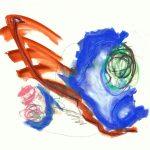
“This painting reminds me that it’s okay to let go of perfection. Embrace the messy journey; it’s where the magic happens! 💙🖌️
#PerfectlyImperfect #CreativeJourney”
Photos by Fons Heijnsbroek

Eefje
Counsellor
Join me on my musings about developing a greater understanding of ourselves and how we relate to each other and the world and how therapy can support us.
About Eefje
Eefje is a fully qualified counsellor with TA and a psychotherapist in training…
Like to know more?
Want to give yourself a bit of time, more information or connection to address your questions, burnout, fatigue or understanding? Contact me or book an online session.
Copyright 2025 © Evolving Sense Therapy
